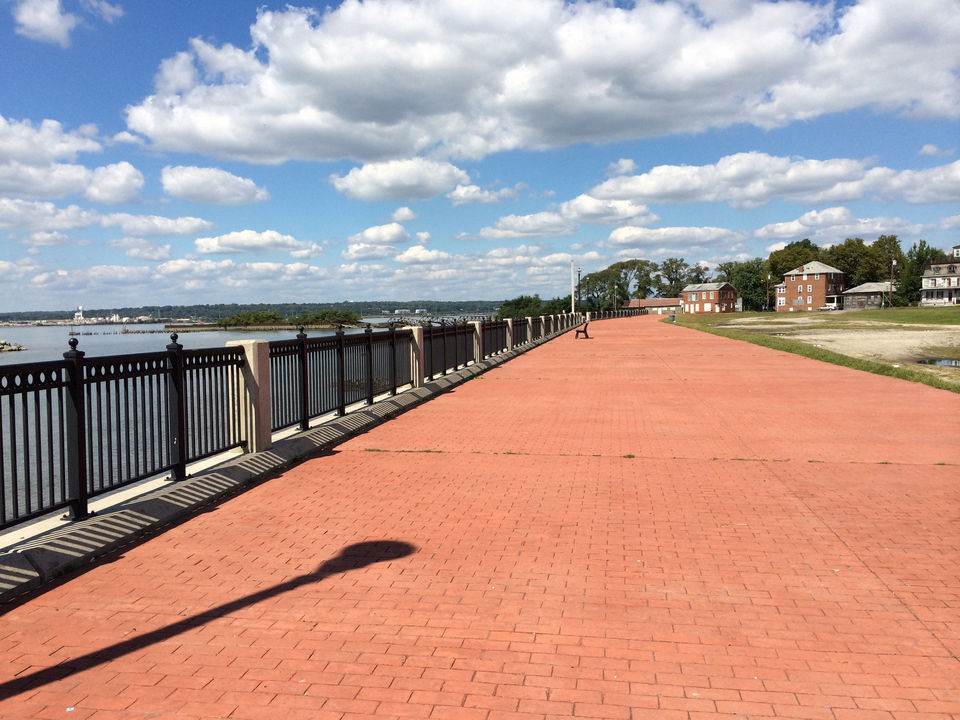Failed Redevelopment Site Succeeds in Tax Appeal
Property tax issues arise commonly when a property designated for redevelopment fails to become a reality as originally proposed. In Seaboard Landing, LLC (“Seaboard”) v. Borough of Penns Grove (“Borough”), the Borough envisioned a redevelopment plan to revive a struggling commercial area along the waterfront on the Delaware River. In 2003, the Borough issued final site plan approvals to 10-acres of vacant waterfront land (the “subject property”) owned at the time by Fenwick Commons, LLC. The redevelopment plan which was later known as “The Riverwalk at Penns Grove” was designed to be a 191,000 square-foot, riverfront entertainment center with retail, dining, hotel and marina facilities overlooking the Delaware River. To that end, the Borough rezoned the waterfront area, created marina districts, and sought necessary funding for the project by obtaining grants and loans from the State and the adoption of bond ordinances. Today, a 30 feet by 770 feet walkway along the Delaware River and a bulkhead is the only visible achievement of “The Riverwalk at Penns Grove.” The project came to a halt after the construction of the bulkhead and walkway in 2007, and the 10-acre vacant waterfront lot remains deserted to this day. In 2007, Fenwick Commons, LLC sold the property to the plaintiff in the present matter, Seaboard Landing, LLC.

At trial, Seaboard and the Borough both presented expert testimony from a licensed real estate appraiser. Both experts concluded that the subject property was over-assessed on all of the relevant valuation dates. Seaboard’s expert relied on the cost approach and concluded that the true market value of the subject property was $876,000 as of October 1, 2011, the valuation date for tax year 2012. Seaboard’s expert, however, provided no detailed analysis to find the true market value for purposes of the omitted added assessments for tax years 2007, and 2008 or for tax year 2011. Instead, Seaboard’s expert testified that the value conclusion reached for tax year 2012 was the same for all prior years under appeal. Meanwhile, the Borough’s expert applied the sales approach and concluded that the subject property had a true market value of $2,420,000 for the relevant valuation dates after the completion of the walkway and bulkhead, and a value of $1,820,000 for tax years 2011, and 2012.
The Tax Court judge rejected the net opinion of Seaboard’s expert that his value conclusion for tax year 2012 would apply to the prior years. The court noted that the expert made no substantive analysis in his report to sustain such a finding. Moreover, the expert’s own opinion contradicted his time adjustments to the comparable sales prices he used for tax year 2012 since the adjustments were based on market fluctuations. The court also did not find the expert credible given that he opined that the bulkhead and walkway, which was constructed in 2007, depreciated 75% in value in just five years.
Nevertheless, the Tax Court reduced the challenged assessments for the tax years under appeal. The court found that the sales approach utilized by the Borough’s expert was credible and more applicable for purposes of valuing vacant land. However, the court found that the Borough’s expert gave too much weight to one sale and further misapplied that value to 12.12 acres when in fact it should have been 10.542 acres. After correcting the adjustments and re-applying it to the correct acreage determined by the court, the added assessment prorated for tax year 2007 was reduced to $68,880, as well as tax year 2008 which was reduced to $314,300. The assessments for tax years 2011 and 2012 were also reduced from $3,363,100 down to $1,460,000 and $1,475,000, respectively.
Rarely will a municipality prepare an appraisal report that concludes a value significantly much lower than the assessed value and take it to trial. The failed redevelopment plan may have left a bitter taste with the Borough given that Seaboard had not made any repayments to the Borough for obtaining loans to build the bulkhead and walkway, and retreated on its intentions to redevelop the property. However, there may yet be some hope for the Borough as the property was recently foreclosed, and a new owner and the Borough are discussing future plans to redevelop the waterfront property.






